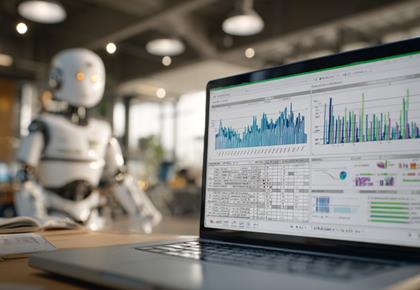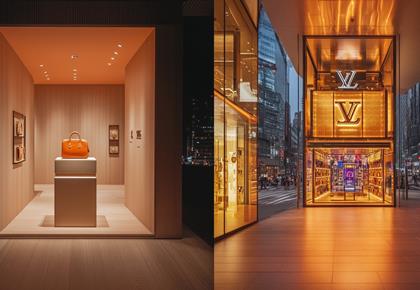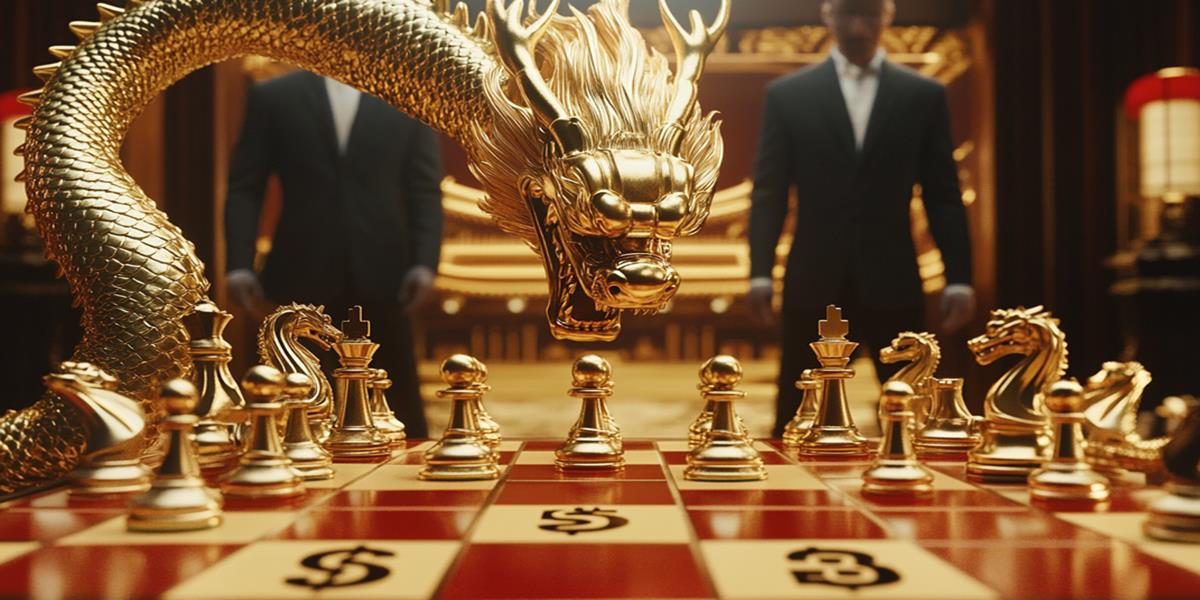Summary
Goldman Sachs and J.P. Morgan helped write the early chapters of China’s global buying spree. But with rising tariffs and geopolitical friction, that chapter may be closing — or rewriting itself entirely.The next battleground isn’t just trade routes or IP rights. It’s control over capital flows, and Wall Street banks may be caught in the middle.
Behind the curtain, Goldman has played a far more strategic role than most people realize — especially in facilitating China’s rise as a global investor. And they weren’t alone. J.P. Morgan, too, quietly helped move billions across borders.
One of the most fascinating (and least talked-about) parts of their playbook is how these firms helped Chinese companies acquire European and American businesses. Let’s dig into this powerful chapter.
The Quiet Architects of Cross-Border Takeovers
Starting in the early 2000s, China began shifting from being the world’s factory to becoming the world’s investor. But entering Western markets — with their regulations, media scrutiny, and geopolitical baggage — required expert navigation. That’s where Wall Street stepped in.Goldman Sachs and J.P. Morgan built elite cross-border M&A teams focused on Chinese outbound investments. These bankers weren’t just financial engineers; they were geopolitical translators, regulatory whisperers, and cultural negotiators.
Real Examples: How the Deals Went Down
ChemChina Buys Syngenta – $43 Billion
In 2016, ChemChina acquired Swiss agribusiness giant Syngenta, marking one of the largest foreign acquisitions ever by a Chinese firm. J.P. Morgan and Goldman Sachs were among the key advisors helping to manage the deal's financial and regulatory complexity.Midea Buys (Germany) – €4.5 Billion
Chinese appliance maker Midea acquired German robotics firm KUKA. J.P. Morgan helped with similar deals, navigating industrial sensitivities in Europe.Fosun’s Global Shopping Spree
J.P. Morgan also worked with Chinese conglomerate Fosun, which acquired Club Med, Cirque du Soleil, and other brands — all part of China’s push to own more global consumer and leisure assets.The Playbook: Influence, Information, Integration
- Influence – Government connections and regulatory muscle.
- Information – Early access to distressed or strategic targets.
- Integration – Post-merger playbooks to help cross-border firms blend in.
The Impact of These Deals
- Technology Transfer: Chinese firms gained Western R&D and IP.
- Global Reach: They inserted themselves into international supply chains.
- Political Backlash: The West woke up late, but forcefully.
- Wall Street Profits: Banks made massive fees — until the tide turned.
The Impact of the Latest Trump Tariffs
The return of Donald Trump to the political scene — and his promise to raise tariffs on Chinese goods to 34% or more — could fundamentally reshape the game for banks like J.P. Morgan.Barriers to Future Deals
If Trump’s tariffs go into effect, they may be coupled with tighter restrictions on Chinese investments into U.S. assets, especially in sensitive sectors like tech, biotech, and infrastructure.That would choke off the pipeline of future cross-border deals — and the advisory fees that come with them.
J.P. Morgan’s Dual Role Gets Complicated
J.P. Morgan is deeply embedded in both the U.S. and Chinese financial ecosystems. On one hand, it's the first foreign bank to fully own a securities firm in China. On the other, it’s under pressure to demonstrate loyalty to U.S. national interests.The tariffs put the firm in a political squeeze: support outbound Chinese M&A too aggressively, and risk reputational backlash at home. Stay neutral, and lose out on a profitable client base.
Retaliation Risk
History shows that China doesn’t sit still. If Trump imposes aggressive tariffs, China could retaliate by blocking Western banks from participating in domestic deals — or favor local competitors. That could cost J.P. Morgan not just deals, but its entire China growth strategy.Less Deal Flow, More Restructuring
Instead of facilitating large cross-border M&As, J.P. Morgan may pivot toward advising on restructurings, divestitures, or regional pivots — essentially helping companies unwind deals or adapt supply chains to avoid the tariffs. section
Sam Altman is talking about trillion-dollar AI infrastructure. ChatGPT’s revenues tell a more complicated story.

SaaStr says AI replaced sales. The real reason is buried in the numbers, the business model, and a growth story that isn’t what it used to be.

SpaceX is quietly pushing 4,400 Starlink satellites closer to Earth. It sounds safer — but going lower means faster failures, billion-dollar replacement costs, and a hard limit set by physics. How far can they really go before orbit fights back?

A $2.9 billion Tesla battery deal shrank to just $7,000 in days. Here’s how the 4680 hype, Cybertruck reality, and market mood swings wiped out 99% of its value.

Explore how BYD is challenging Tesla in the global EV market with record sales, stronger margins, and rapid expansion. A data-driven comparison of the world’s top electric vehicle companies in 2025.

Hermès just overtook LVMH as the world’s most valuable luxury brand—by doing less.
The economics behind it will change how you think about brand strategy.

